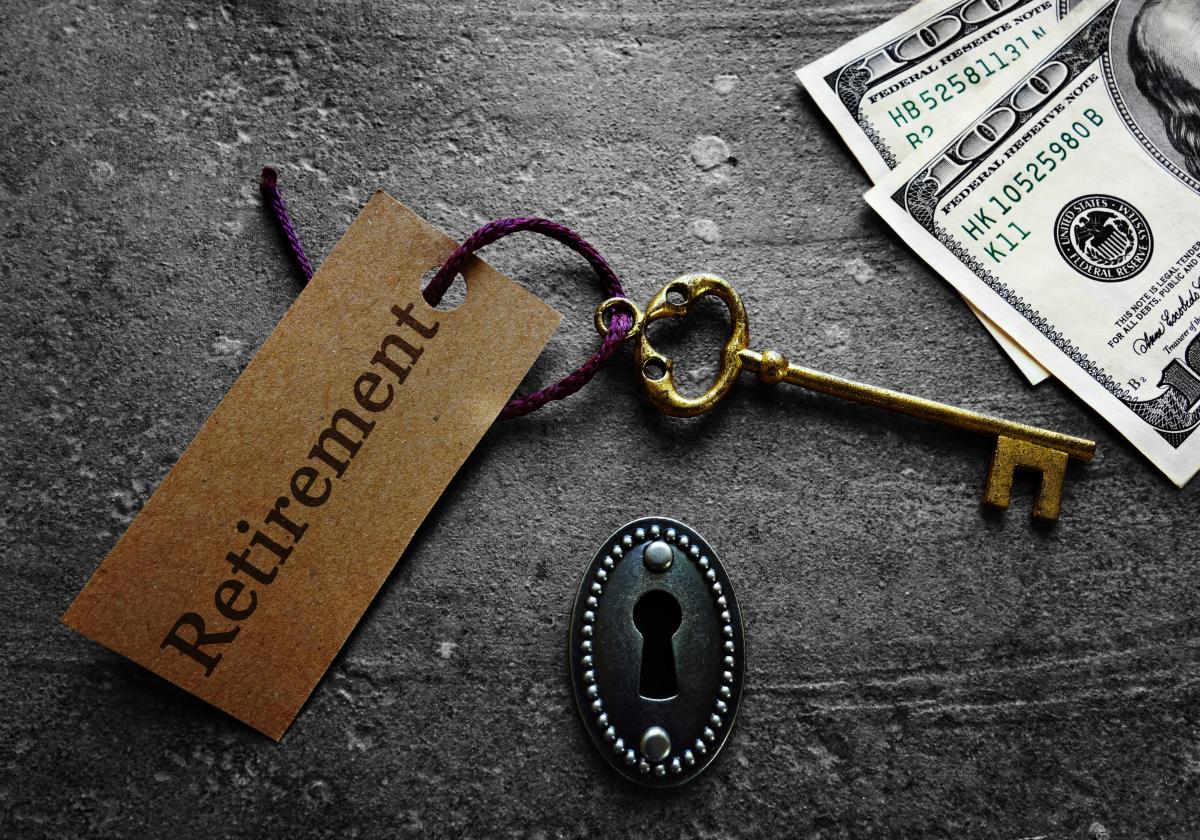 The self-employed expect diverse sources of retirement income when they retire, but income from a typical retirement account does not appear to be one of them.
The self-employed expect diverse sources of retirement income when they retire, but income from a typical retirement account does not appear to be one of them.
Findings from the Transamerica Center for Retirement Studies’ new report, “Self-Employed: Defying and Redefining Retirement,” show that 70% of self-employed workers are expecting income from Social Security and 54% from other savings and investments. Yet, only 40% expect retirement income from what the study calls typical retirement accounts, such as 401(k)s, 403(b)s or IRAs.
Building on the 19th Annual Transamerica Retirement Survey, the report compares the retirement outlook of 755 respondents who self-identify as self-employed with 5,168 who are traditionally employed. Of the self-employed respondents, 47% indicate that they are sole proprietors and 27% own a business that employs others. Another 26% identify themselves as freelancers, but only 9% participate in an internet platform or app.
Most of the self-employed report that they are saving for retirement to a “greater or lesser extent,” with 55% saying they consistently do so and 30% reporting that they save from “time to time.” Another 15% say they never save for retirement.
To Retire or Not Retire?
According to the study, the self-employed have a strong vision of retiring on their own terms and many intend to work beyond traditional retirement age, while others have no intentions of ever retiring. “The self-employed are enjoying life. Given the autonomy and flexibility in their work situations, the concept of retirement is less relevant to them and not necessarily something they aspire to,” notes Catherine Collinson, CEO and president of Transamerica Institute and TCRS.
The findings show that 68% of the self-employed are planning to work past age 65, including 40% who expect to retire after age 65 and 28% who do not plan to retire. Moreover, 62% plan to continue working in retirement. Among the self-employed who expect to retire after age 65 or continue working in retirement, their reasons often have more to do with healthy aging (83%) than financial (73%).
Of the majority that plan to continue working in retirement, 38% report that they expect income from working. Among business owners (sole proprietors and those who employ others), 49% expect income from their business and 17% expect income from the sale of their business.
But whether or not they intend to retire, the self-employed should financially prepare themselves for a time when they will no longer be working, TCRS emphasizes. “Unlike employed workers with steady paychecks and employer-sponsored benefits, the self-employed must take a do-it-yourself approach to preparing for retirement,” Collinson notes.
Opportunities Lost
To that end, the research also finds that relatively few are actually saving in tax-advantaged retirement accounts, which suggests they may be missing out on an opportunity.
Savings accounts (62%) are the most often cited type of savings or investment used to save for retirement, followed by stocks (34%), traditional or Roth IRAs (31%), mutual funds (24%) and 401(k)s (21%).
Additionally, many respondents appear not to be aware of various retirement savings opportunities. The study shows that 6 in 10 do not know about the Saver’s Credit for eligible taxpayers saving in a qualified retirement plan at work or an IRA. And less than half of self-employed respondents (46%) over age 50 are familiar with catch-up contributions – a finding that is lower than their employed counterparts (60%).
The report further shows that the estimated median for total household retirement savings among the self-employed is $71,000 – somewhat better than employed workers. Self-employed Baby Boomer workers have saved $173,000 (estimated median). In comparison, employed workers have saved $50,000, while employed Baby Boomers have saved $152,000 (estimated medians).
Meanwhile, 65% of the self-employed are confident that they will be able to fully retire with a comfortable lifestyle, including 24% who are “very” confident and 41% who are “somewhat” confident. That said, only 18% of self-employed and 19% of employed workers have a written retirement strategy.
Words of Wisdom
Against that backdrop, TCRS recommends, among other things, that self-employed individuals consider seeking help from a professional financial advisor, noting that retirement planning can be especially complicated for the self-employed. The report notes that only 38% of the self-employed who are saving for retirement use a financial advisor to help manage their retirement savings and investments.
Also cited is developing a written retirement strategy that estimates retirement savings and income needs and addresses a broad range of factors (e.g., government benefits, investment returns, health care expenses, and long-term care needs). TCRS notes that it should also include an exit strategy for one’s business and contingency plans if forced into retirement sooner than planned. “All too often, life’s unforeseen circumstances can derail the best-laid plans. The self-employed can and should be doing much more to build and protect their long-term financial security,” Collinson further emphasizes.
The online survey was conducted within the U.S. by The Harris Poll on behalf of TCRS between Oct. 26 and Dec. 11, 2018.

